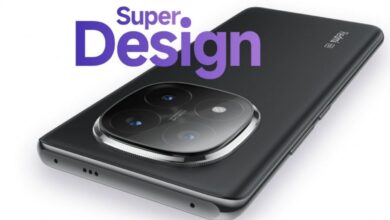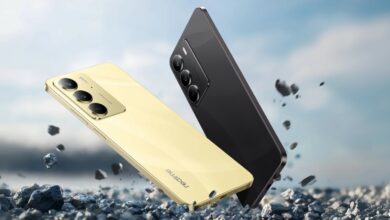Mercedes announces breakthrough in solid-state EV battery technology, but Chinese rivals still far ahead
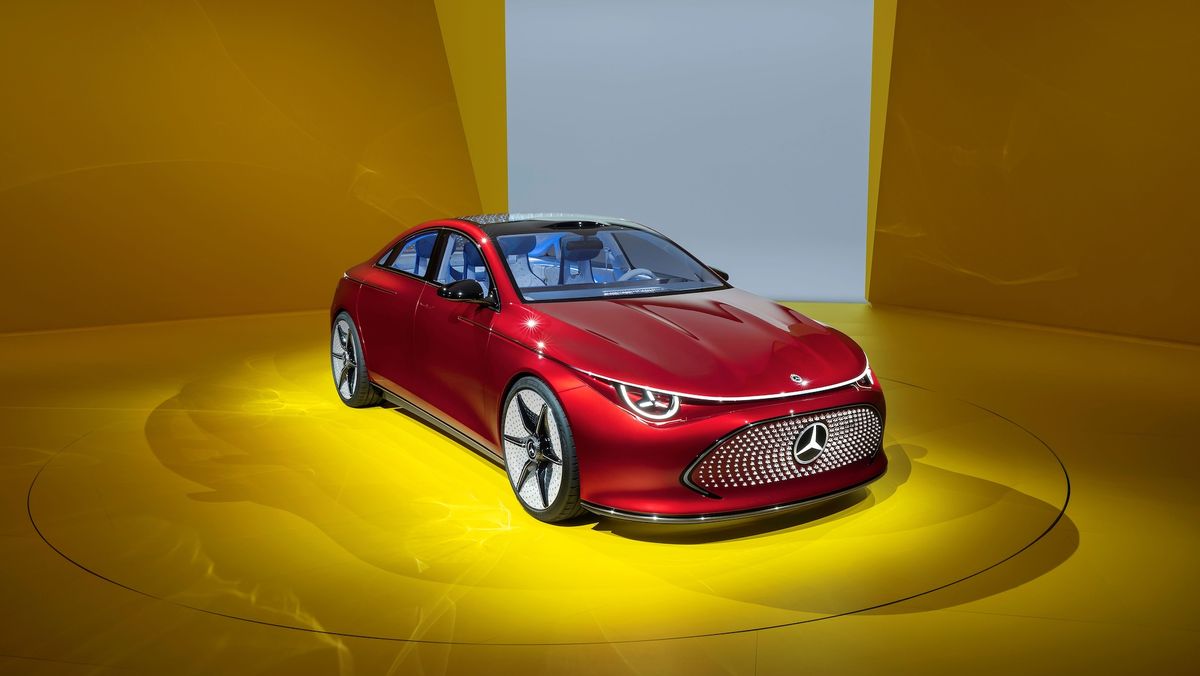
Mercedes-Benz and Factorial, a self-proclaimed leader in solid-state battery research, have announced their latest breakthrough in EV battery technology with a new ‘Solstice’ package that promises to deliver massive range – by the end of the decade.
The next-generation solid-state battery (SSB) is said to offer an energy density of up to 450Wh/kg. That means it promises to be much more compact, lighter and safer than the current lithium-ion packs used in today’s electric vehicles.
Factorial claims that the high energy density of its Solstice packs can increase the range of electric vehicles by around 80 percent compared to what’s on the market today. That means brands like its partners and investors Mercedes-Benz will be targeting more than 600 miles of vehicle range before the batteries run out.
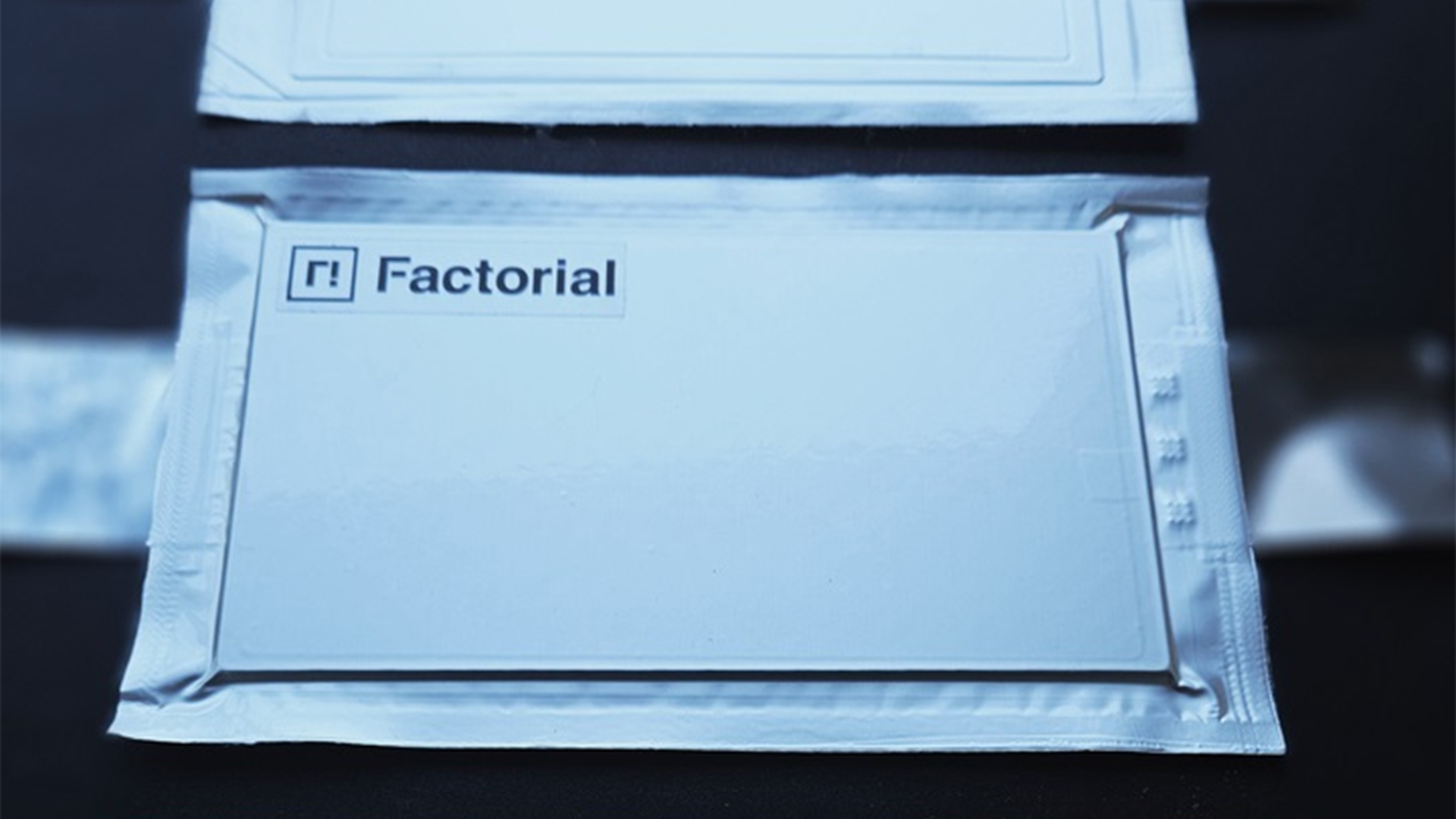
This will put the next generation of electric passenger cars on par with even the most frugal petrol and diesel offerings. But we don’t expect to see Factorial’s innovations in a vehicle we can actually buy until the late 2020s.
As with much of the current SSB research, these new Solstice packs will also bring with them greater safety thanks to a sulfide-based, all-solid electrolyte system. Greater stability at higher operating temperatures also means less reliance on a cooling system within the battery system, which can help reduce overall vehicle costs.
Currently, Mercedes-Benz is still designing and developing Factorial’s first-generation solid-state battery technology, called FEST, after the company invested heavily in the company during a $200 million fundraising session in 2022.
The Great Solid State Arms Race
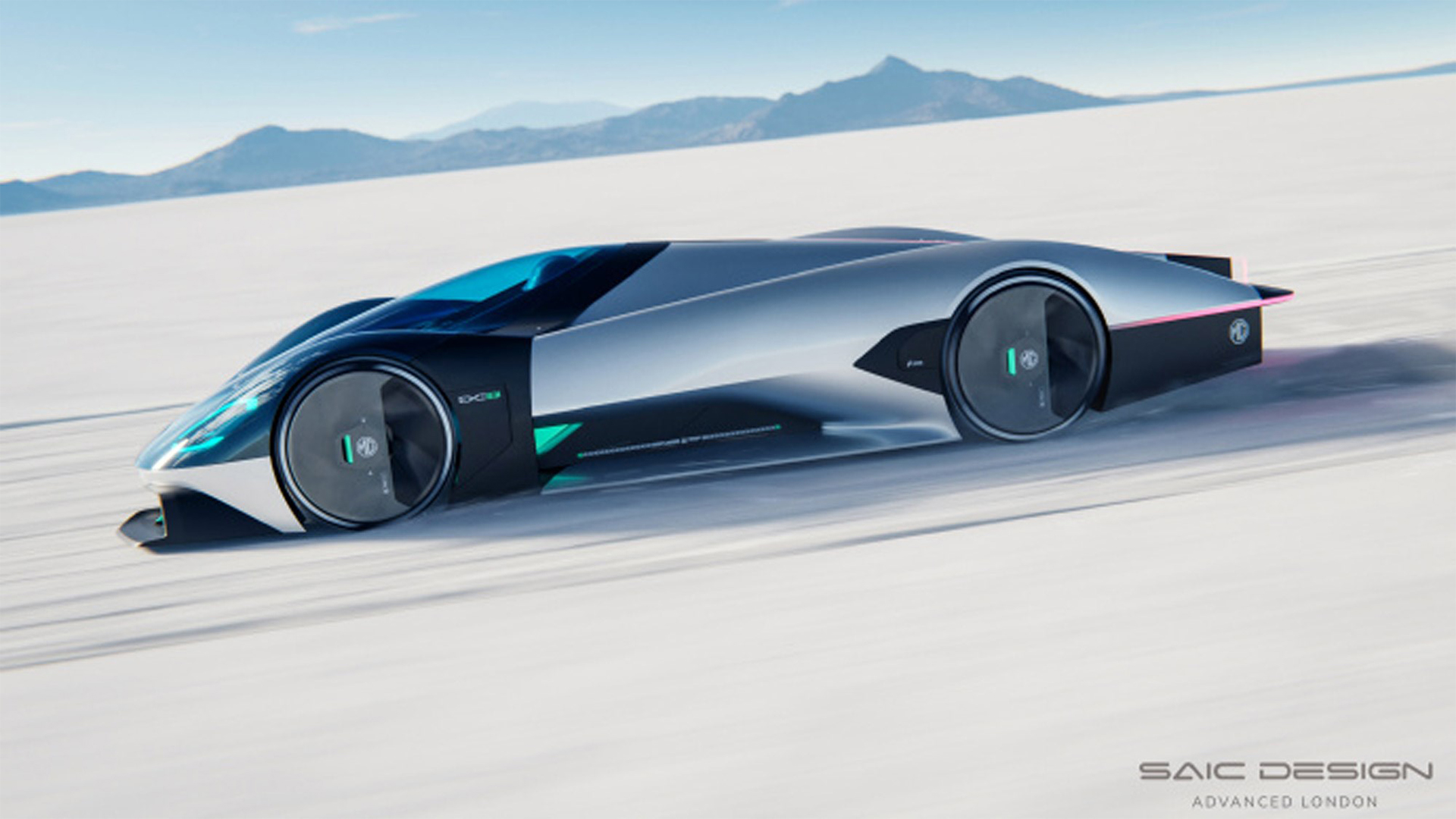
Mercedes-Benz joins Nissan and Toyota in the long list of ‘traditional’ automakers leading the way in solid-state battery research. But it seems it may be too late.
MG announced this week that the first production cars featuring the latest generation of SSB technology will be available as early as next year.
MG’s parent company SAIC is currently using similar technology in its IM Motors L6 model, which offers an all-electric range of 1,088 kilometers (670 miles) according to the Chinese Light-Duty Vehicle Test Cycle (CLTC).
If MG plans to offer this kind of technology at an affordable price by 2025, imagine what the company will have by the end of the decade – just as Mercedes-Benz prepares to launch its first cars with solid-state battery technology.
With China so far ahead in electric cars, it seems most traditional automakers don’t stand a chance of catching up.
Admittedly, many of China’s emerging brands still have a long way to go when it comes to gaining recognition and consumer trust in Western markets, but recent research suggests that consumer perception changes quickly for certain brands, such as BYD.
Given that the average development cycle for a modern production car is three to five years, even premium brands like Mercedes-Benz may struggle to match the range and battery performance of Chinese vehicles with more advanced battery and motor technology.
Instead, more traditional car brands will increasingly have to rely on heritage and the idea of exclusivity to attract customers.
Jaguar’s chief executive recently stated that the company is moving increasingly toward super-luxury cars as it focuses on becoming a pure electric carmaker.
“Luxury brands create irrational needs,” Jaguar boss Rawdon Glover said Top equipmentalongside the recognition that even the premium EV market is becoming too competitive.

